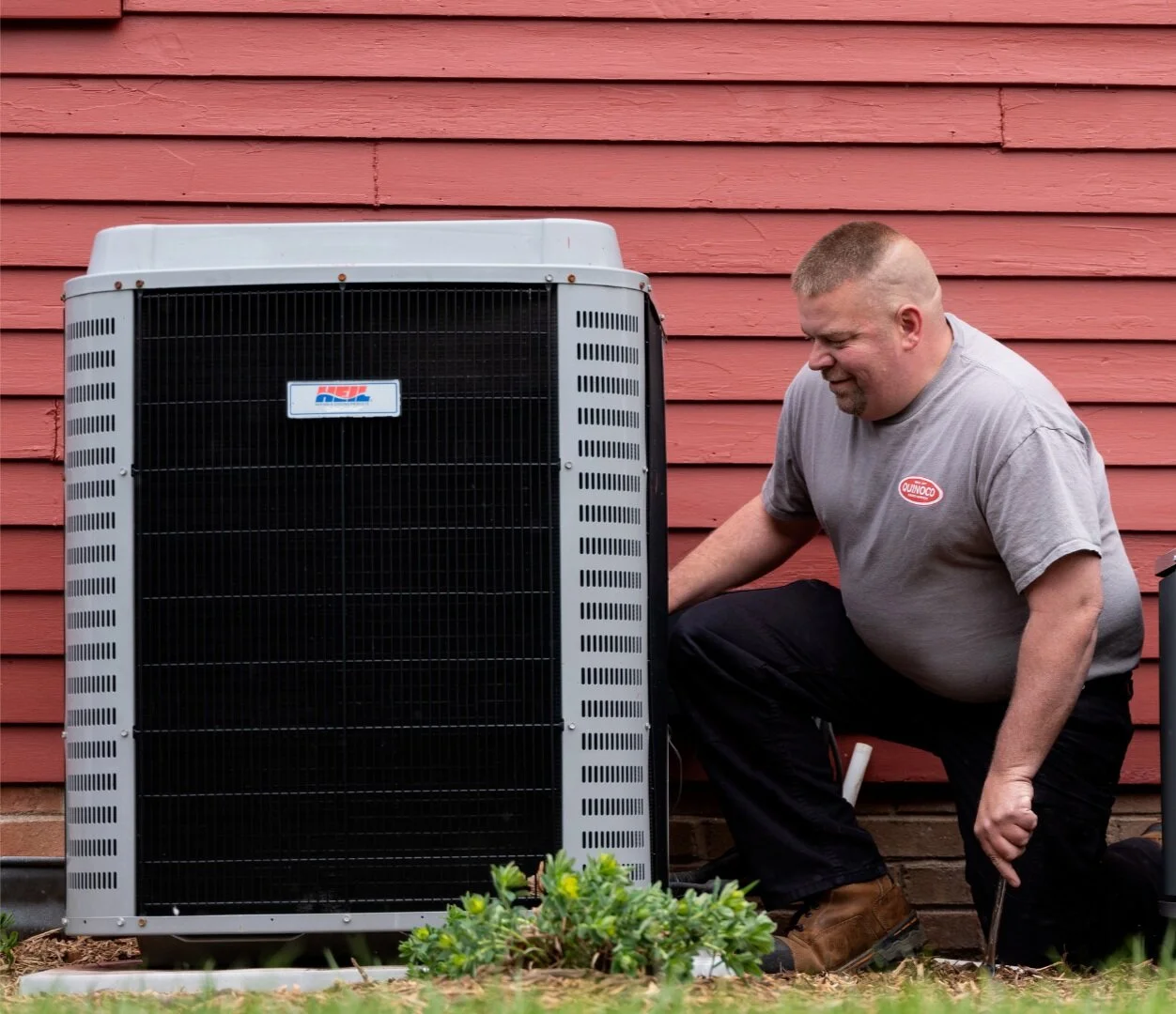Summer Weather Tips
Review our important summer weather tips to ensure you stay cool all season long!
1. KEEP A CONSISTENT TEMPERATURE
During extreme heat, it can take several hours to cool your home. Set your thermostat to a reasonable temperature (74 degrees) and keep it consistent throughout the day. This will allow your system to work efficiently and keep up with the daytime heat.
2. CHECK YOUR AIR FILTER
We recommend changing your air filter every 60-90 days with a filter rated MERV 10 or higher. Air filters can easily get clogged reducing your system’s efficiency to keep your home cool. This is especially important if you have pets, children, or family members with allergies or asthma.
3. KEEP YOUR AC CONDENSER CLEAR
Your condenser units outside need ample space for airflow. Obstructing airflow will make your AC system work harder and less efficiently. Make sure the area around your condensers are clear of objects and debris (leaves, weeds etc.).
4. RUN THROUGH OUR EXTREME HEAT CHECKLIST
Check that all thermostats are on cool mode.
Check if the outside condenser is blocked and if air filters are clogged.
Make sure all furnace and air handler switches are on as well as all circuit breakers.
Check that air vents are set to an open position.
Check for signs of ice on the outside unit. If there is ice, turn the thermostat to the OFF position and turn the fan from AUTO to ON. The ice must melt before service can be performed.
Additional Considerations for the dog days of Summer
Seal and insulate your home
Inspect windows, doors, and attic hatches for air leaks and seal them with weatherstripping or caulk. Proper insulation keeps cooler air in and hot air out, reducing AC workload.
Use fans effectively
Ceiling and portable fans help circulate cold air, allowing you to raise thermostat settings without noticing a difference.
Minimize solar heat gain
Draw curtains or blinds on south- and west-facing windows during peak sun hours and consider heat-reflective window film or shades to reduce heat influx.
Cook outdoors or after sunset
Avoid using the oven, stovetop, or dryer during the day; use grills or wait until evening to keep indoor temperatures from rising.


